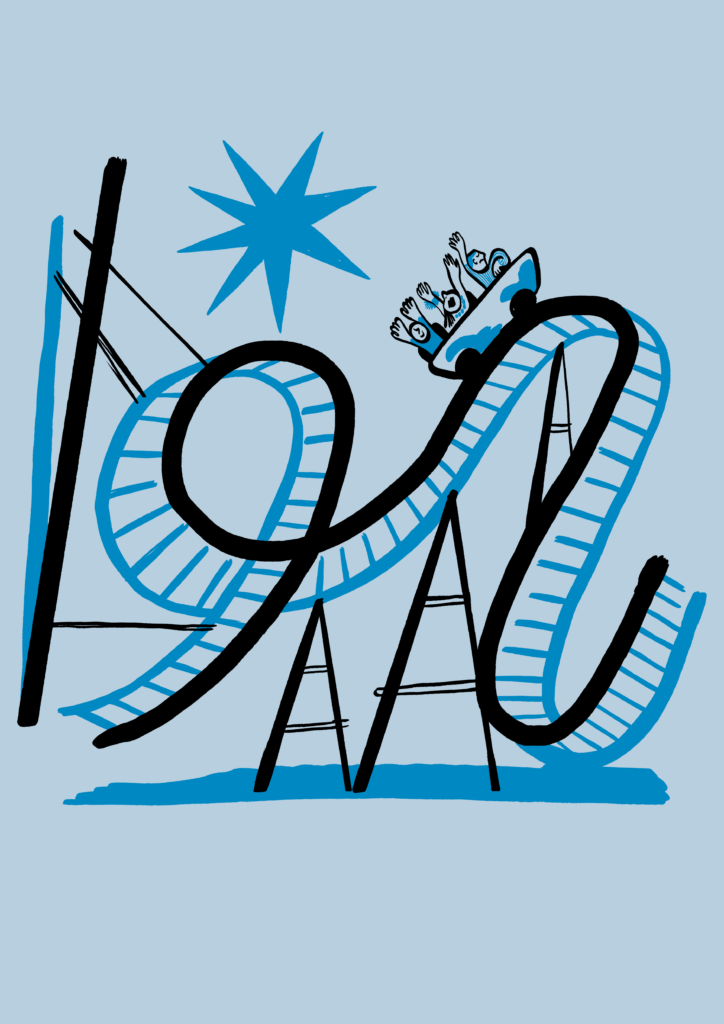Enjoy this article?
Most Museums Journal content is only available to members. Join the MA to get full access to the latest thinking and trends from across the sector, case studies and best practice advice.

Freelancers contribute greatly to the work of museums, offering everything from flexibility to fresh perspectives. According to Arts Council England, freelancers make up 49% of the cultural sector workforce, highlighting how essential they are.
“Freelancers are the ultimate pollinators of ideas, new ways of working and understanding where the commonalities are happening across the sector,” says Jenny Williams, founding director of creative diversity agency Take the Space.
“In my work in race inclusion, I have spotted similar trends and questions being asked by so many folk. It allows me to draw on a range of practices, and a range of ways of making this work happen. As my practice covers arts and heritage, the richness is really interesting.”
This membership is for you if you’re a freelancer or consultant working in or with museums.
Find out more about the new freelance and consultant membership grade now
Working with freelancers brings fresh insight and talent to museums, and supports employees develop their own skills, says Elma Glasgow, an inclusive engagement consultant, storyteller and communications expert. “Making space for freelancers is a form of decolonisation and a move away from traditional institutional thinking. We bring some great added value.”
Despite the benefits for individuals and institutions, there are challenges to freelancing, from navigating the sector’s competitive and time-consuming procurement processes to the risk of being typecast.
There can also be a lack of diversity in the sector, which brings additional challenges for freelancers from marginalised backgrounds.
“There’s a lack of support networks,” says Glasgow. “I have participated in online networking with other freelancers who don’t understand racism and have denied my opinion, which is based on lived experience. There are niche networks of freelancers who are marginalised but it’s awful that we need to seek these out because mainstream groups aren’t as inclusive.”
Go Your Own Way: Successful freelancing in Museums is an online event aimed at people considering the move to freelance as well as those already working as a freelancers or consultants but want more support with the realities of self-employment.
The challenges that many museums are experiencing indirectly have an impact on freelancers, says museum consultant Emma King.
“Funding pressures mean less work for freelancers and more competition,” she says. “We’re all experiencing the cost-of-living crisis but it’s hard for freelancers to increase their rates.
“Stressed and overworked museum staff don’t always have the capacity to manage freelance projects effectively, and since the pandemic, I’ve seen many projects delayed or running significantly over time.”
Freelancers will tackle these challenges in different ways. “Freelancers are, by nature, forward thinking, creative and adaptable,” says King. “Some are diversifying into new areas of work within museums and heritage, such as training and coaching, or taking their skills into different sectors.
“Partnering with other freelancers is a great way of expanding what you offer and means being able to take on bigger contracts. But some freelancers are moving into salaried roles or leaving the sector altogether.”
What can museums do to support freelancers?
Elma Glasgow, inclusive engagement consultant, storyteller and communications expert
“Make application opportunities easier and less bureaucratic, improve tender communications and stick to deadlines. Freelancers put themselves at financial risk as they invest days into an application, so providing compensation would mean better applications and being more inclusive.”
Laura Crossley, arts and heritage consultant
“I’d question whether a project can be deemed a success if it’s left a freelancer feeling burned out because of poor practices. Include freelancers in organisational policies – such as equality, diversity and inclusion, and anti-bullying policies – where appropriate.“Freelancers need to be paid fairly and on time – never expect a freelancer to work for free. Have open conversations about expectations at the start of a project. Remember that freelancers are humans too. We get sick, we have bereavements, we have personal lives, we need days off. Build cultures where this is understood, and freelancer needs are considered.”
Emma King, museum consultant
“Most competitive tender procedures ask for a full and detailed methodology in response to what is often a minimal brief. Tendering is hugely time consuming and stressful, and increases freelancers’ overheads through the amount of unpaid time spent on it. I’d also question whether most museums’ procurement processes are doing much to promote equity or diversity within the sector.”
Jenny Williams, founding director, Take the Space
“The museums I have worked with have been amazing at supporting my work. Organisations should offer support for the work being done, build in reflective practice, prioritise adequate time with freelancers and ensure mutuality in the way that they work.”
Most Museums Journal content is only available to members. Join the MA to get full access to the latest thinking and trends from across the sector, case studies and best practice advice.